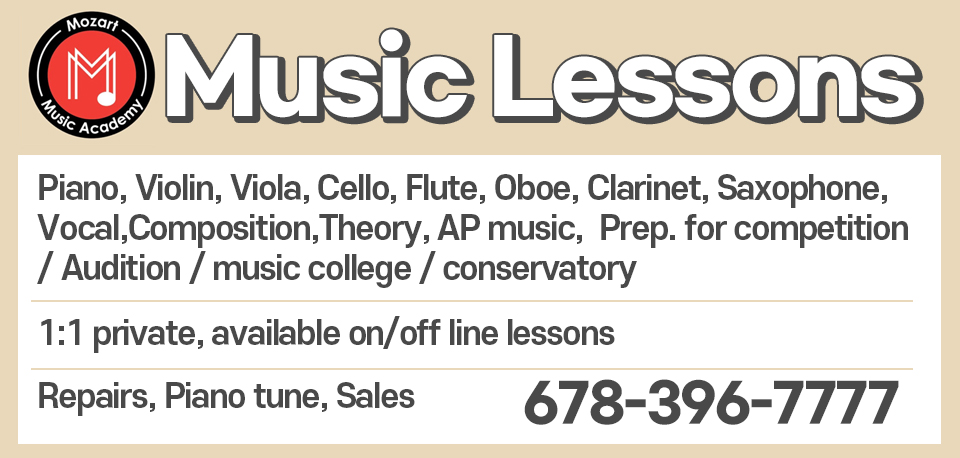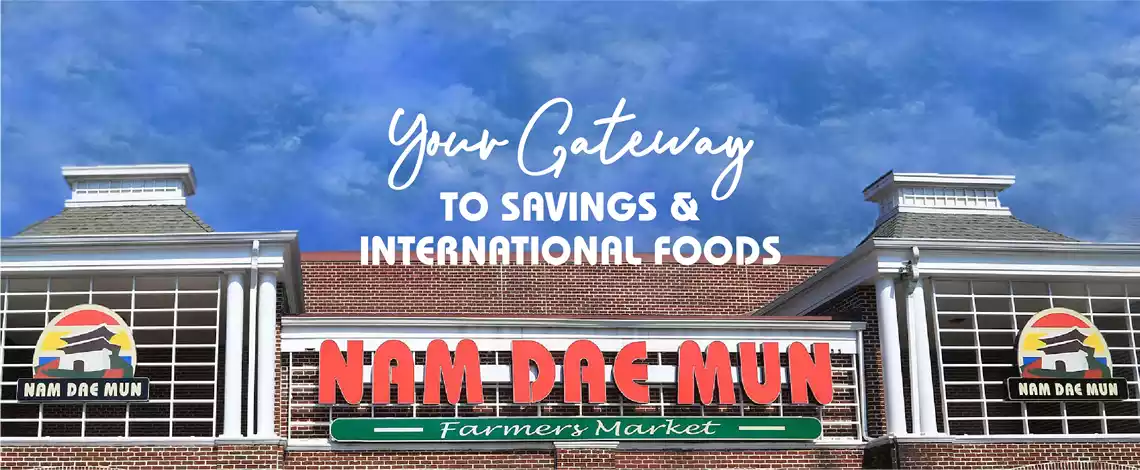Flowers and grass come late in the spring and into the summer, but not all of it is great for the environment.
Some of the weeds and grass that grow are not even welcomed in Georgia.
Severe Weather Team 2 Meteorologist Eboni Deon tells us about an invasive plant that has popped up in the area.
It is called Cogongrass. This weed is known as the seventh worst weed in the world, and it blooms from April to June in Georgia.
Cogongrass is easily spread by its seed and equipment used to move dirt, such as tractors. It is mostly found in pastures, old fields, and roadsides, but it can show up in your yard.
Lynne Womack, forest health coordinator for for Georgia Forestry Commission, said it can come into the area and out grow all of the native vegetation.
It was thought to be used for grazing because it’s such a lush grass that can be grown anywhere, but that was not the case.
“It turns out that the back of the leaf blades are really rough and it also has a high silica content…and nothing really likes to eat it. Not even goats,” said Womack.
It’s dangerous to the ecosystem because the dense root system will choke out the native vegetation, and Womack said it’s also flammable.
“It’s highly flammable. It has a lot of fuel in those grass blades and it will cause canopy fires,” said Womack.
Quran Clarke said he planted a number of plants and flowers in his yard that are easy to maintain and nice to look at.
“Elephant ears, caladiums, I’ve done cana lillies, and I just did double knockout rose bushes, Japanese Hollies…” said Clarke.
But once he found out about Cogongrass, he didn’t want them there.
“I really don’t want them there. I don’t want them sucking the life out of my plants and stuff cause they are competing for the same soil and nutrients,” said Clarke.
Womack said it’s helpful to know how to identify it and report it if you see it.
And when planting, native plants are best because they provide food for wildlife and pollinators.
You can help to maintain a healthy ecosystem. If you think you have spotted Cogongrass, inform The Georgia Forestry Commission to help eliminate the invasive weed.





















